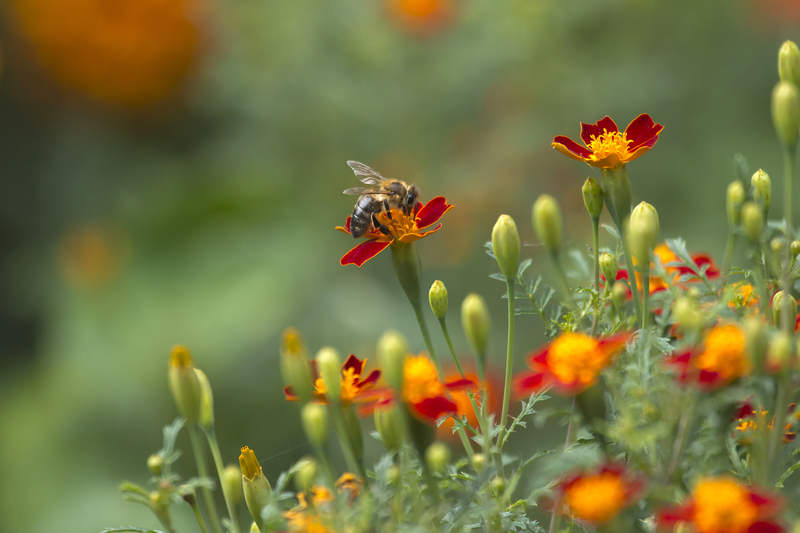Avoid Planting These 5 in Your Garden
Posted on 03/12/2024
Creating a garden is a rewarding experience that brings beauty, relaxation, and even fresh food into your life. However, the plants you choose to cultivate can make a significant difference in the health and maintenance of your garden. While many plants are beneficial, some could cause more trouble than they are worth. This article will guide you through five plants that you should avoid planting in your garden.
1. Invasive Bamboo
Bamboo is typically praised for its fast growth and aesthetic appeal, but it can become an uncontrollable nuisance in your garden. Bamboo can spread quickly through underground rhizomes, infiltrating lawns, flower beds, and even your neighbor's garden.
- Growth Rate: Some bamboo species can grow up to 12 inches a day in ideal conditions.
- Eradication Difficulty: It is extremely tough to get rid of bamboo once it has taken root.
If you must plant bamboo, consider using root barriers or planting them in large containers. Always opt for clumping varieties, which are easier to manage compared to running types.

2. English Ivy
English Ivy is often admired for its lush, green coverage and climbing abilities, making it a popular choice for walls and fences. However, it can become invasive if not kept in check and can damage structures over time.
- Invasiveness: English Ivy can take over garden spaces, outcompeting native plants for nutrients and sunlight.
- Structural Damage: The roots can erode wood and brick surfaces, causing long-term damage.
Instead of English Ivy, you might consider less invasive ground covers like Virginia Creeper or Creeping Jenny, which offer similar visual appeal without the extensive maintenance.
3. Mint
Mint is often grown for its culinary uses and aromatic leaves. However, it is known for spreading aggressively through underground runners.
- Rapid Spread: Mint can quickly take over garden beds, leaving little room for other plants.
- Persistent Roots: Even small pieces of root left in the soil can regrow into new plants.
To keep your mint under control, it is best to plant it in containers or isolated areas of your garden. Regularly trim it to prevent spreading.
4. Morning Glory
Morning Glory is admired for its beautiful, trumpet-shaped flowers that open in the morning sun. However, it can become a significant issue if not properly managed.
- Vigorous Growth: Morning Glory can smother other plants, climbing over them and stealing their sunlight.
- Seed Production: This plant produces a large number of seeds, which can lead to unwanted growth in subsequent seasons.
If you want a climbing plant that is less destructive, consider planting Clematis or Sweet Pea, which are both easier to control.

5. Ailanthus altissima (Tree of Heaven)
Considered one of the most invasive tree species, the Tree of Heaven is often seen as a weed in the garden due to its rapid growth and ability to outcompete native plants.
- Invasive Traits: The tree releases chemicals into the soil that inhibit the growth of surrounding plants.
- Strong Root System: Its roots can damage foundations, sidewalks, and underground utilities.
Instead of planting the Tree of Heaven, consider native trees like Eastern Redbud or Serviceberry, which will enhance your garden without the invasive properties.
Latest Posts
Inspiring Ways to Refresh Your Garden This Autumn Season
A Step by Step Guide to Keeping Artificial Grass Fresh and Spotless
Creative Planting Ideas to Design a Serene Zen Oasis







